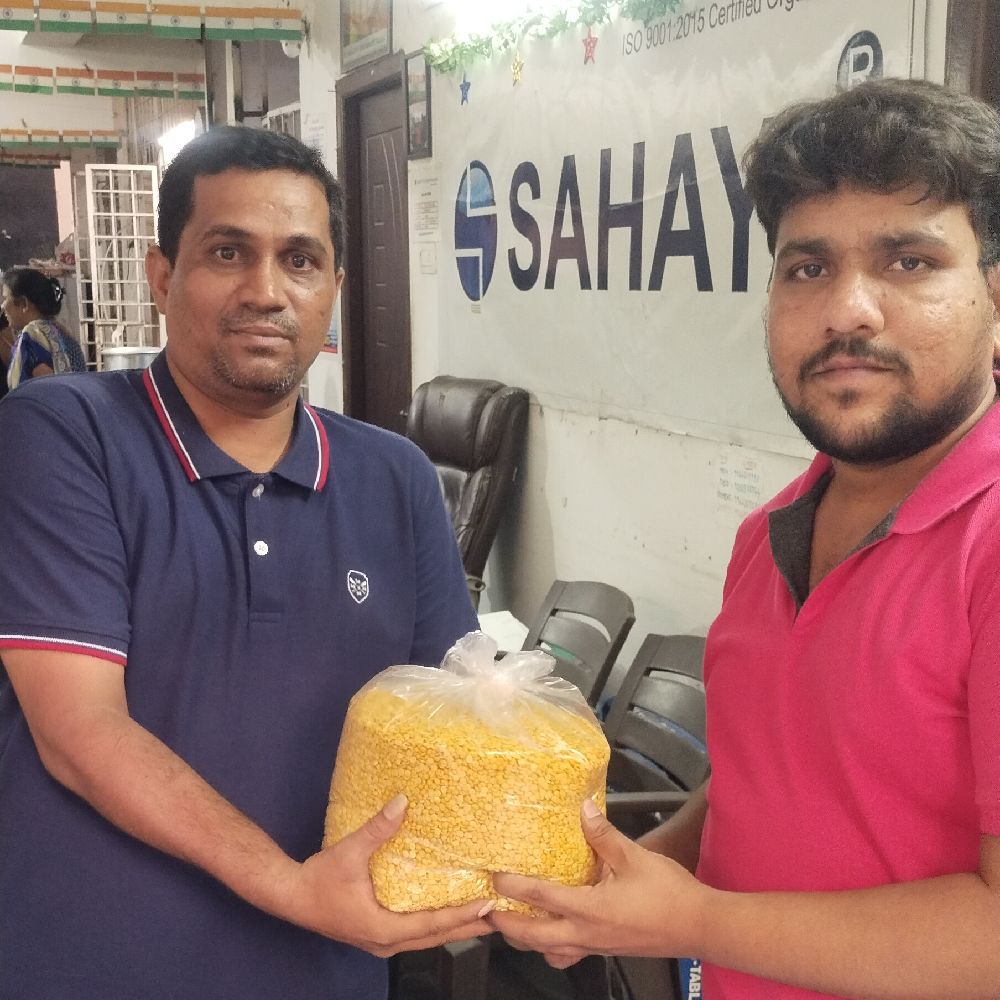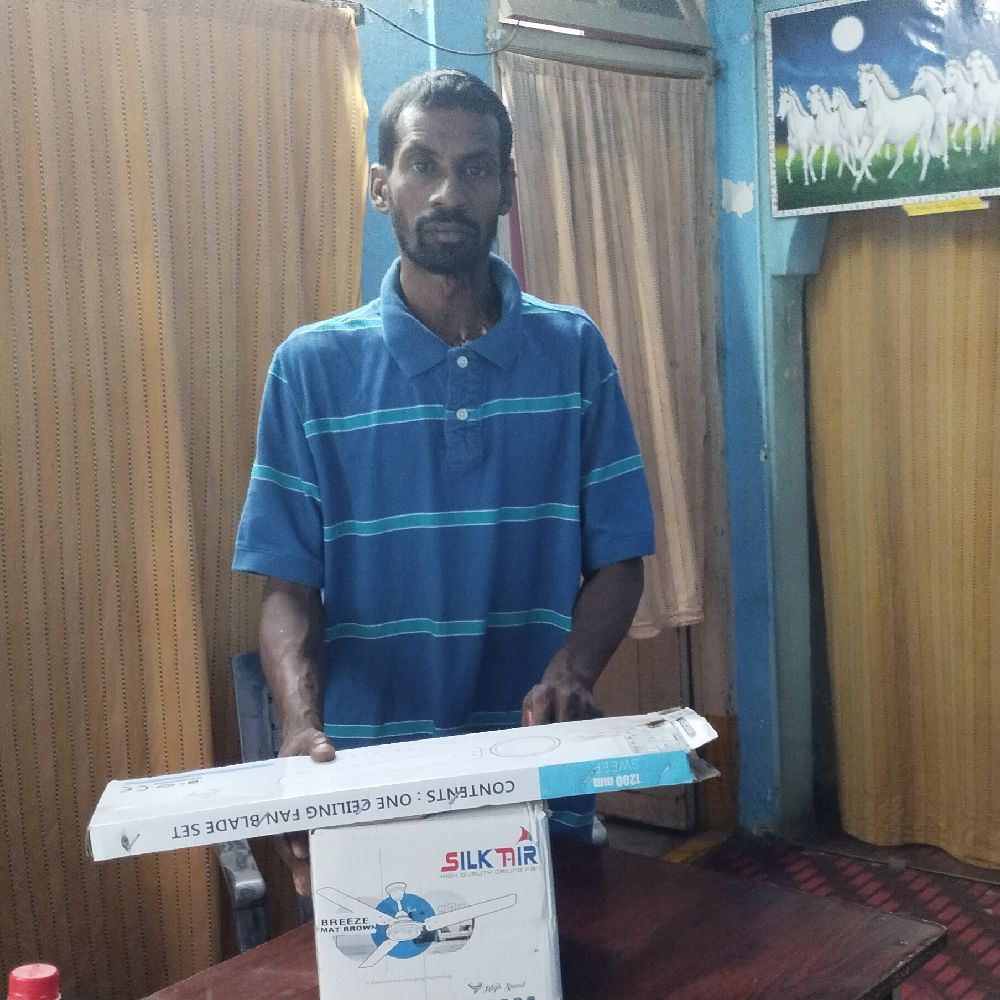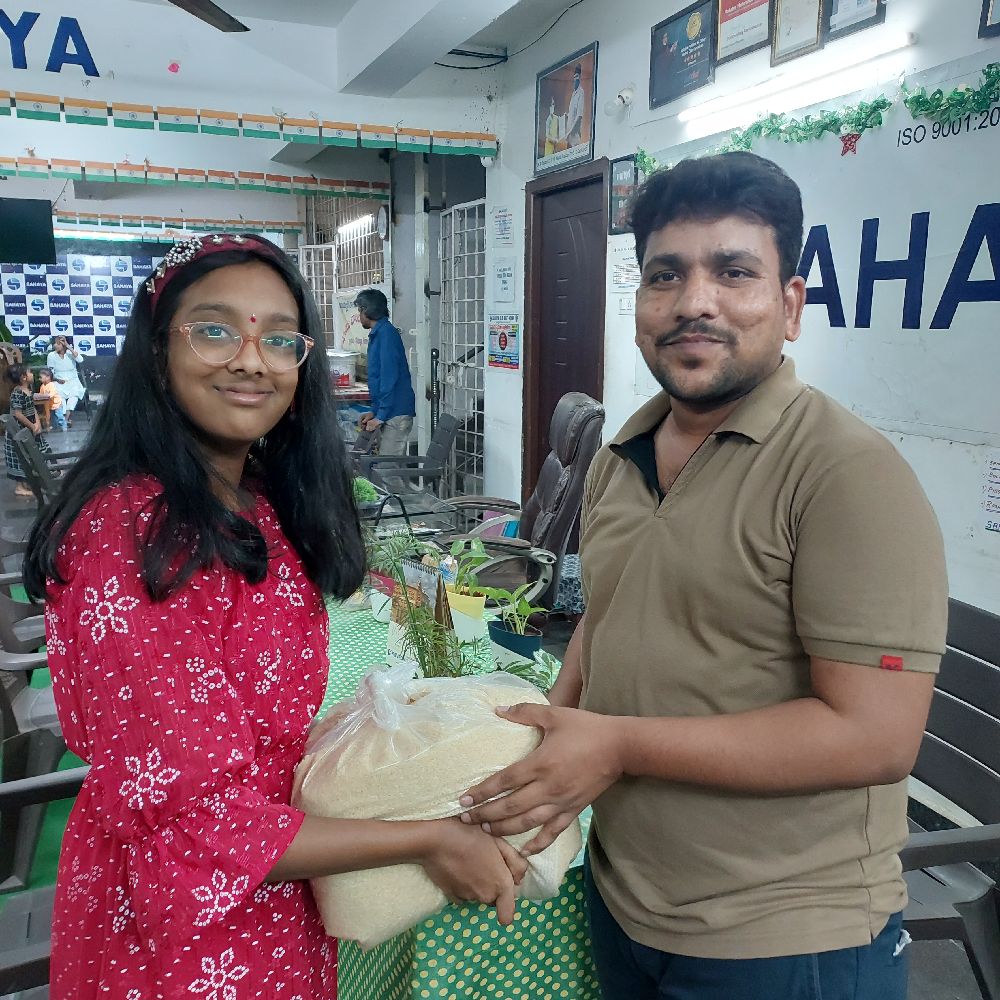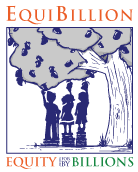
“As long as poverty, injustice and gross inequality persist in our world, none of us can truly rest.” – Nelson Mandela

“As long as poverty, injustice and gross inequality persist in our world, none of us can truly rest.” – Nelson Mandela
In a world full of inequalities where the rich get richer, and the poor get poorer by the day, one often wonders if equality can ever be well and truly achieved. In a world full of inequalities in every sphere of life, the questions that are often asked are – how we can help, where do we start, will it make a difference and so on.

Inequality in Numbers

The top 10% of the Indian population holds 77% of the total national wealth. 73% of the wealth generated in 2017 went to the richest 1%, while *670 million Indians who comprise the poorest half of the population saw only a 1% increase in their wealth.

With a score of 29.1, India has a level of hunger that is serious. On the other hand, as per a UN 2019 report, India wasted 68 million tons(Approx) of food in 2019!

Many ordinary Indians are not able to access the health care they need. 63 million of them are pushed into poverty because of healthcare costs every year - almost two people every second.

Over 70% of schools in India do NOT have Computers.

It would take 941 years for a minimum wage worker in rural India to earn what the top paid executive at a leading Indian garment company earns in a year.
The Fish Conundrum
Given the magnitude of the problem of inequality, the difficult of all questions has always been “Do we catch them fish or teach them to catch fish?”
What we do
Recent Donations





